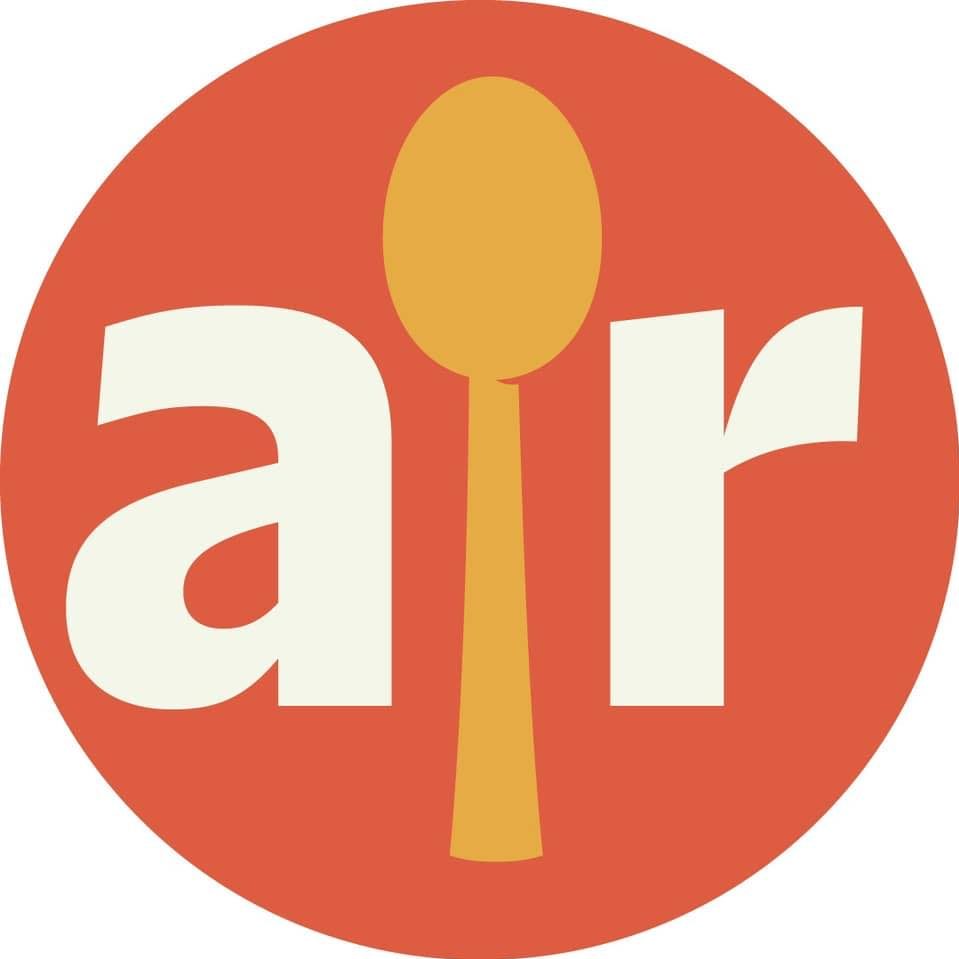Get enough nutrients
Nutrient deficiencies from foods of animal origin are common in people on a vegan diet. Iron found in plant sources cannot be used as well as in animal sources. To improve the use of iron, it is necessary to consume it with vitamin C sources. Zinc is also limited in absorption from plant sources such as iron. Cooking methods are important to increase zinc absorption. Zinc-containing foods become more usable when they are baked by making bread with yeasts such as sourdough. Since milk and dairy products are not consumed, calcium deficiency must be covered. Cabbage is calcium-fortified vegan products, kale is rich in calcium.
Consume quality oils
Omega-3 fatty acids, especially from fish, are of great importance for heart health. Vegan individuals may prefer foods such as flaxseed oil, walnuts, chia seeds as omega-3 sources. Adding fat sources such as avocado to the diet provides a diet rich in vitamin E.
Polyunsaturated Fats
Sunflower, corn, linseed and walnut oils contain polyunsaturated fatty acids. Polyunsaturated fatty acids improve immunity, protect cells and facilitate the use of vitamins A, D, E, and K in the body.
see next page

